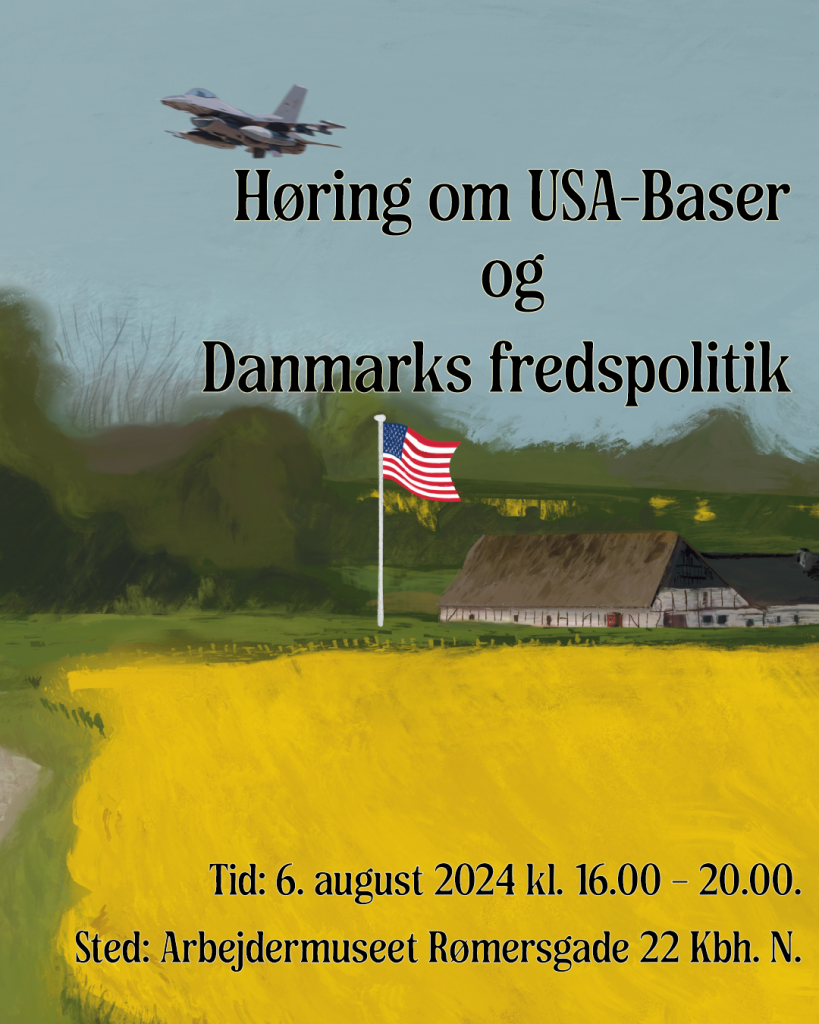[…] The deployment involved many “firsts” for the brigade, the U.S. military and its Nordic NATO allies, said Brig. Gen. Steve Carpenter, commanding general of the 7th Army Training Command.
“With the addition of Finland and Sweden, the opportunity presented itself to go ahead and offload a brigade combat team here at Narvik. It has never been done before,” he said.
And a U.S. Army brigade had never transited by land across Norway and Sweden to conduct a combined exercise in Finland. “You’re going to have 3rd Brigade Combat Team, 10th Mountain Division, a storied brigade, a storied division, fighting underneath the NATO banner underneath a Finnish land component.” […]
“We keep just using Germany … the easy button,” he said. “Then, let’s say a crisis kicks off and you can’t use it, where else are we going to go? We haven’t really, truly tested a lot of ports.”
That’s why the Army started an aggressive effort a few years ago to find alternatives, he said. That involves determining what a port can handle in volume and size of equipment and evaluating whether the adjacent road and rail networks can handle the load.
“And then if we can’t do as much as we would like to, what do our NATO partners need?” he continued, saying the Army is messaging allies, “Hey, in order to assist to defend Europe as a NATO partner and ally, we need to try to help expand your rail network or expand your road network.”
The United States has been pushing for more infrastructure investment in Europe, he said.
“We have to be more interoperable to where any unit, any country’s set of vehicles can transport all over the different roads, road networks, rail networks,” he said. Läs artikel

